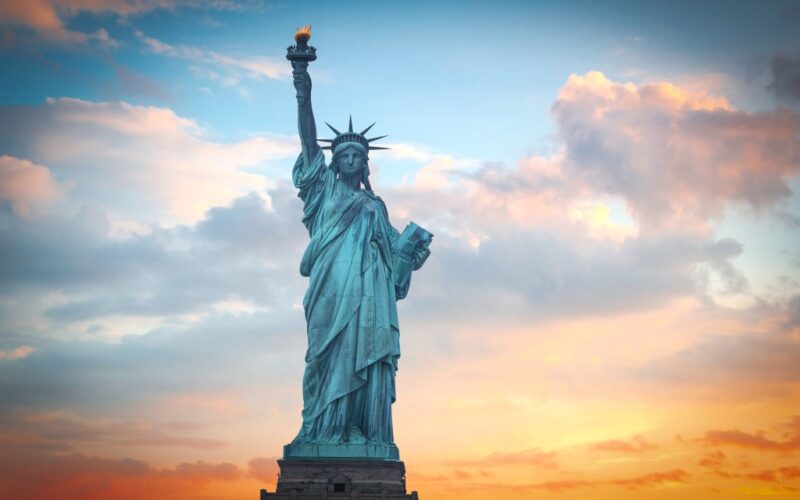Today is June 20, World Refugee Day, designated by the United Nations to honor the millions who have been forced to flee their countries due to conflict and persecution. First established in 2001, World Refugee Day shines a light on the 123.2 million people worldwide who have been displaced in the past three decades by war, violence, or a well-founded fear of persecution.
The global refugee population has nearly doubled in the past decade, and now, 1 in almost every 67 people on Earth has been forced to leave their home.
Over the years, I have been privileged to work with multiple organizations on the front lines of serving refugees — including the International Rescue Committee, Jewish Federation of Florida’s Gulf Coast, and with local churches and community programs in the U.S., South Africa, England and elsewhere.
I have helped families turn apartments into homes, organized diaper and cleaning supply drives, and hosted birthday parties and field trips for children who have seen far too much, far too young. I have supplied rides to medical appointments and sat beside nervous new drivers learning the rules of unfamiliar roads. I’ve encouraged others to get involved in supporting refugees, through both personal interactions and articles I’ve written for various publications.
When President Trump took office, he signed an executive order suspending the U.S. Refugee Admissions Program, even to thousands of people who had already been promised entry after extensive screening and multiple hurdles. Six months later, the U.S. refugee program remains effectively closed, and resettlement numbers have fallen to nearly zero. Only a few rare exceptions have been granted, such as to Afrikaners currently being resettled from South Africa.
So, in a country that has largely closed its doors — where even the word “refugee” can ignite fierce political debate — what does it mean to mark this day now?
For me, it means remembering the stories I’ve heard and the moments I’ve witnessed — and sharing them.
Stories like the one I heard from the Afghan family who tried to leave in two cars as the Taliban closed in on Kabul. One car was detained. One car made it to the airport. That part of the family now lives in the U.S. — working, adapting, and grieving. Javed, the family’s oldest son, told me his father cries every night, unsure if he’ll ever see his wife again.
And that’s just one story from one family. Every family has one — or many. Each wildly different. Each utterly shattering.
Escaping from life-threatening situations is not the end of the trials that refugees face. They often spend years in refugee camps or temporary housing with too little food and too much fear. The ones lucky enough to make it to the U.S. face the daily grind of learning how to live again in a foreign culture.
Helping refugee families with simple tasks — navigating public transportation, enrolling children in school, buying groceries — showed me how much courage it takes to rebuild your life brick by brick from the ground-up. I’m still in awe.
I remember helping a Syrian family move into a bare apartment in one of the toughest neighborhoods in Tallahassee. They had almost nothing, but their first request was for rugs. Not beds or dishes. I didn’t understand until I realized they needed rugs for prayer. Their faith, even in the midst of scarcity, outshone every comfort I thought was essential.
Another time, I brought a porcelain tea set — an almost forgotten wedding gift — to a refugee from the Ukraine. She gasped with joy. Something that had collected dust in my cabinet made her feel at home.
Such small but deeply meaningful moments taught me how resilience reveals itself in the everyday.
I know from experience that just because the U.S. has effectively closed its door to refugees does not mean the need has disappeared. Organizations like World Relief and Church World Service continue to provide critical support to displaced people, both in the U.S. and abroad. These groups welcome support from Americans who want to make a difference in lives upended by circumstances they cannot control.
I once told Javed that the Bible says we are to love our neighbors — and that everyone is our neighbor. He smiled and said the Quran teaches the same. That moment stayed with me. We spoke different languages and followed different religions but shared the same guiding principle: love your neighbor.
So I return to my question: What does it mean to mark World Refugee Day in a country that has effectively closed its door on refugees?
I choose to remember. To bear witness. And above all — to refuse to look away.
Ray Stanton is author of “Out of the Shadow of 9/11: An Inspiring Tale of Escape and Transformation.”








